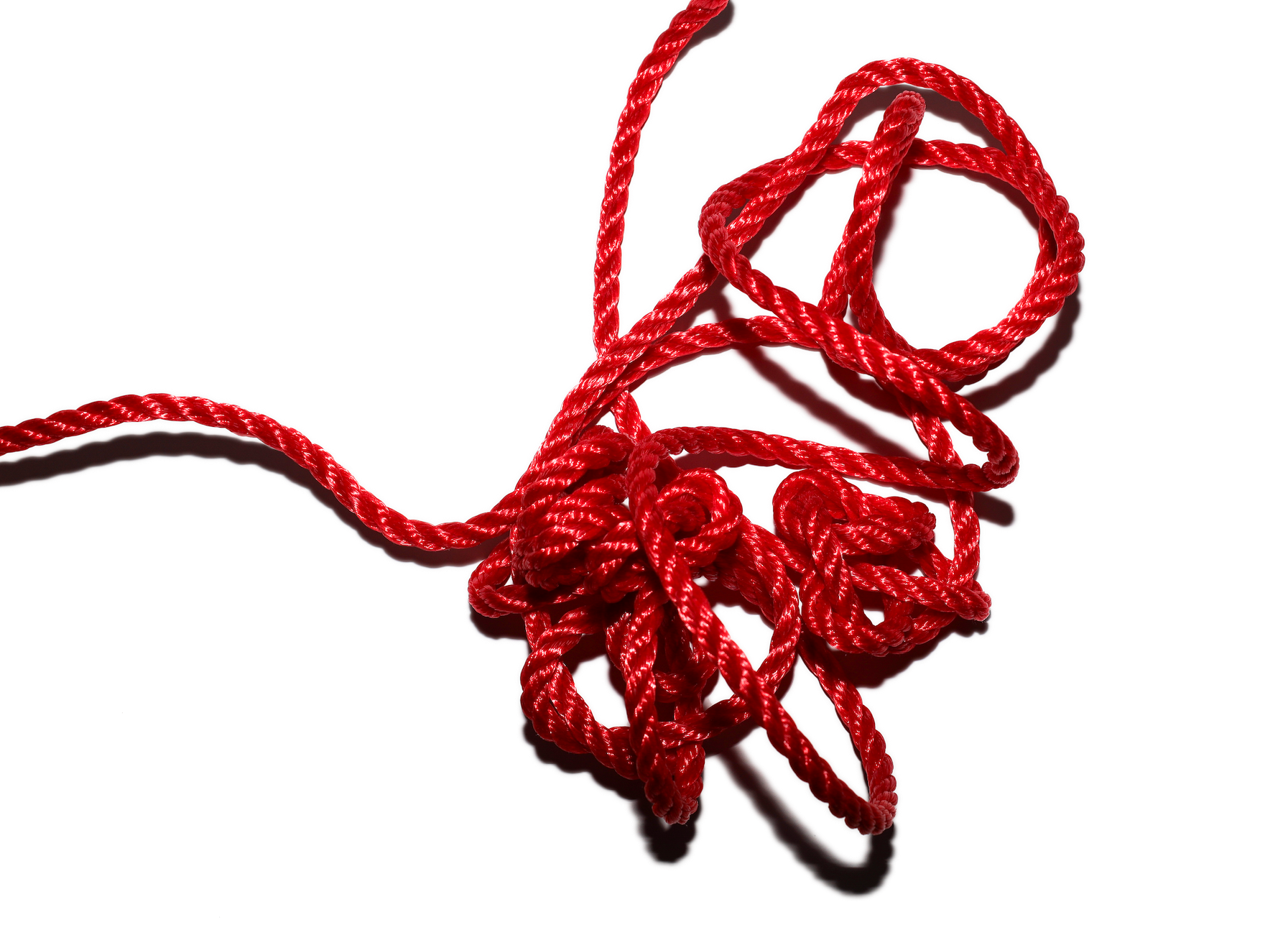The symposium is open to the public.
No registration required unless otherwise stated. Registration closed.
Languages: The event will be held in German and English spoken language and German sign language (DGS).
The languages offered are listed under the panels and workshops.
Venues: Berlin University of the Arts, Grunewaldstr. 2–5, 10823 Berlin, Wednesday evening: Bundesallee 1–12, 10719 Berlin, Joseph-Joachim-Saal

The symposium gathers members of the UdK Berlin and international guests. It invites to share and discuss anti-discriminatory knowledges and transformative artistic practices. Based on the Critical Diversity Policy that the UdK Berlin has adopted, the focus is on three aspects: We ask about access to the arts and accessibility to the study of the arts. We will address processes of canonization and the necessity of canon critique. And finally, we consider which methods of teaching and learning, of aesthetic evaluation and judgment we practice and which we want to practice.
PDF of the programme booklet: Unlearning-programme_english
Information on accessibilty
Abstracts and CVs
Spaces for Collective Echoes
Wednesday, 7/2/24
7.30 pm
Concert Musica inaudita Fokus Lateinamerika
Bundesallee 1-12, 10719 Berlin, Joseph-Joachim-Saal

Thursday, 8/2/24
Admission 9.30 am, Grunewaldstr. 2–5, 10823 Berlin
10 am Opening
Welcome Ariane Jeßulat (Vice President UdK Berlin)
Introduction: Kathrin Peters (UdK Berlin)
Invitation to Spaces for Collective Echoes by the Echo Space Collective
in German spoken language and German Sign Language
Aula
11 am – 12.30 pm Panel
Tools of the Trade: Building Diversity infrastructure in Theatre Institutions
with Joy Kalu (UdK Berlin), Merle Grimme (Clashing Differences), Julia Wissert (Theater Dortmund)
Moderation: Karina Griffith (UdK Berlin)
in German spoken language and German Sign Language
Aula
Lunch break
2–7 pm Workshops
Workshop 1: Critical.Costume: Memes für Self-Empowerment
in German spoken language
Room 103
Workshop 2: Echo Room Invitation to Unlearn, mini-performance workshop by and with Alisa Tretau
in German spoken language
Galerie, 2.45–3.30 pm
Break
5.30–7.30 pm Workshops
Workshop 1: Conversations on Care & Access with Angela Alves and Claire Cunningham
in English spoken language and German whispered translation
Room 6, please register and let us know your access needs
Workshop 2: Institutional Aftertaste with Destina Atasayar, Lu Herbst, Lucie Jo Knilli, Charlotte Perka and Lioba Wachtel
in German and English spoken language
Room 101, please register and let us know your participation needs, allergies, or questions
Friday, 9/2/24
Admission 9 am, Grunewaldstr. 2–5, 10823 Berlin
9.30–11.30 am Panel
The Self-Evident Nature of Classism at Art Schools. How can we avoid exclusion if it is constitutive?
with Ruth Sonderegger (Akademie der bildenden Künste Wien) and Sophie Voegele (Zürcher Hochschule der Künste) and „Wir müssen Ihnen leider mitteilen …“
Moderation: Elena Meilicke
in German spoken language and German Sign Language
Aula
Break
12–12.30 pm Echo Space
Embody unlearning: Deep Tissue, a participatory self-massage workshop by and with Zaidda Nursiti Kemal
in English spoken language, German written language, German Sign Language (GSL)
Aula
12.30–2 pm Panel
Unlearning with Juana Awad, Julian Bauer, Maja Figge and Rena Onat
in German and English spoken language, German Sign Language
Aula
Lunch break
3–6 pm Workshops
Workshop 1: World Café on Critical Diversity Policy
organized by Alejandra Nieves Camacho and Mathilde ter Heijne (both UdK Berlin)
in German and English spoken language
Aula
Workshop 2: Soundscapes of Institutional Learning
with Jakob* from Gather collective
in German spoken language (bilingual friendly)
Room 6, please register: unlearning@udk-berlin.de
Break
6.30 pm Echo Space
Wht th fck&Tenderness – Zine and Print Workshop with Silent Dinner: for deaf, hard of hearing and hearing guests by and with Mudar Al-Khufash, Barbara Bielitz, Xenia Dürr, Judith Greitemann, Ximena Gutiérrez Toro and Zoë Sebanyiga
Gallery, with registration: please send an email with your name, access requirements and questions/comments

Saturday, 10/2/24
Admission 10 am, Grunewaldstr. 2–5, 10823 Berlin
10.30 am –12.30 pm Panel
Racism-critical perspectives on music-related fields and study programs at the UdK Berlin
Daniele G. Daude (The String Archestra): The Myth of Opera Analysis – For a Situated Opera
Johannes Ismaiel-Wendt (Universität Hildesheim): Von Vorsingen und prekären Bretterbuden
Maiko Kawabata (Royal College of Music, London / Open University): The New ‘Yellow Peril’ in Western European Symphony Orchestras
organized by Isabelle Heiss, Johann Honnens and Christine Hoppe (all UdK Berlin)
in German and English spoken language with English whispered translation
Aula
Lunch break
1.30–3.30 pm Forum and Panel
Forum: Racism-critical perspectives on music-related fields and study programs at the UdK Berlin with Daniele Daude, Johannes Ismaiel-Wendt and Maiko Kawabata
Moderation: Tsepo Bellwinkel Keele
in German and English spoken language with English whispered translation
Rooms 103
Panel: Questions towards the Logics of Canonization in Art and Design Histories
Işıl Eğrikavuk (UdK Berlin): How to collaborate? Building dialogues, co-creation, interconnectedness
Mahmoud Keshavarz (Uppsala Universitet): In Search of Makers in Police Archives: Two Snapshots from Unlearning Histories of Making
Carolin Overhoff Ferreira (Unifesp, São Paulo): How can art be decolonized in theory and practice?
Moderation: Miriam Oesterreich (UdK Berlin)
in English spoken language
Aula
Break
4–4.30 pm Echo Space
Echo Space Embodying Unlearning: participatory-somatic-performance with Lisa Siomicheva
German spoken language, German Sign Language
4.30–7 pm Echo Space Workshop
The Tender & Tentacular Oracle – A workshop by Sickness Affinity Group members Frances Breden and Stassja Mrozinski
Gallery; with registration: please send an email with your name, access requirements and questions/comments




2 Kommentare